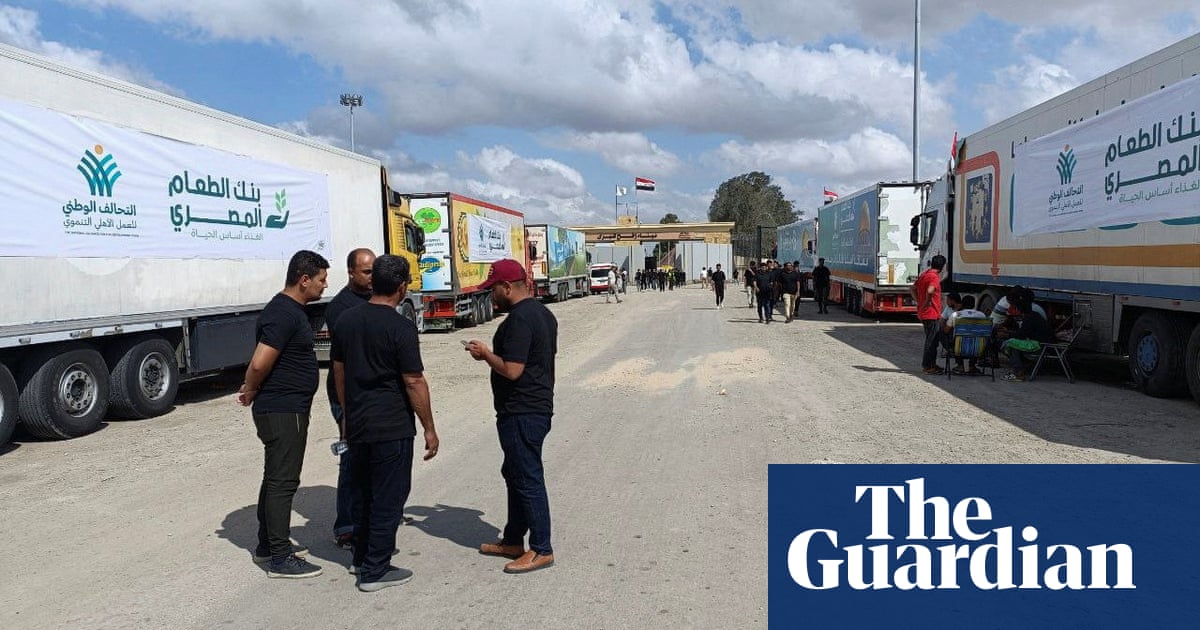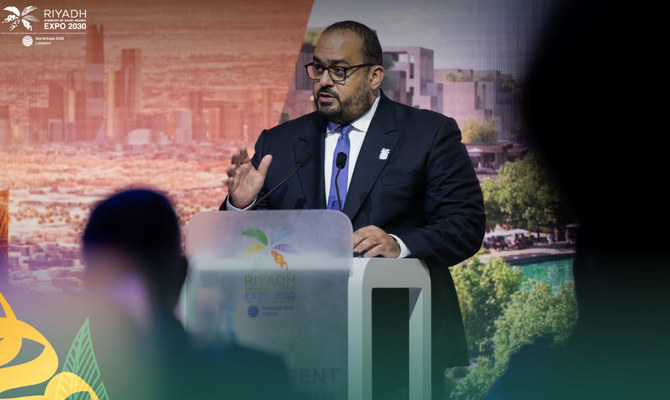
Famous French poet and novelist Victor Hugo once wrote that “nothing is as powerful as an idea whose time has come.” If ever there was an example of these words, it is Vision 2030.
Crown Prince Mohammed bin Salman’s recent interview was a manifestation of it, touching on all aspects of the economy and life in the Kingdom. It went beyond 2030, promising that its ambition would continue to 2040, by which time Saudi Arabia will have risen to be one the most competitive nations in the world.
Oil and energy have generated much of the country’s wealth so far, and the crown prince put Saudi Arabia’s future oil production in the context of other players. Despite overall oil demand peaking at some stage, the Kingdom will likely need to increase its production over the next decade, because the production of major producers such as the US and Russia will fall. This is an astute observation, and it is particularly impressive that actions have preceded words: Saudi Aramco has started increasing its production capacity from 12 million barrels per day (bpd) to 13 million bpd in accordance with the government’s instructions last year.
This is supported by the crown prince’s plan to optimise barrels domestically rather than just exporting crude, which would augment their use in manufacturing and other industries in order to assist the diversification of the economy. This supports Vision 2030, and is also an intelligent move towards using the Kingdom’s current core competency (oil) to further the establishment of future core competencies, like manufacturing.
Saudi Arabia will both capitalize on being a major oil producer, while looking at how the country could contribute to an economically and environmentally sustainable future for both itself and the world.
Cornelia Meyer
The Shareek program is another example in that vein. Major listed companies are expected to contribute SR5 trillion ($1.33 trillion) towards the diversification of the economy over the next 10 years. The companies will reinvest their profits in the economy and shareholders will forego cash dividends, opting instead for a bigger stake in a growing company. As far as Aramco is concerned, this does not hold true for minority investors, who are still expected to receive their dividends, in line with promises given during its initial public offering on the Tadawul.
This brings us to the jewel in the crown among the Kingdom’s companies: Saudi Aramco. The crown prince indicated that some of Aramco’s shares would be transferred to the Public Investment Fund, again in support of Vision 2030. The blockbuster announcement was that negotiations to sell one percent of the company to an undisclosed strategic investor were underway, and that further public listings may follow.
Again, it was first things first: The focus is on Vision 2030 and all else will have to fall in line. A strategic investor makes sense, particularly if it comes from the East, where the majority of the country’s exports go and which has the markets of the future, because strategic alliances matter when undertaking huge projects such as Vision 2030.
Lastly, there was explicitly little about renewable energy in the speech. Implicitly it was there, though, when the crown prince talked about NEOM, tourism, the Red Sea and how preserving the environment was a top priority. Let us not forget that, according to plans, 50 percent of Saudi energy consumption will be satisfied by renewable energy by 2030. Let us also not forget that the Kingdom is a member and leader of the Middle East Green Initiatives, as announced earlier this year.
All in all, when it comes to energy, the crown prince proved that he has his finger on the pulse. Saudi Arabia will both capitalize on being a major oil producer, while looking at how the country could contribute to an economically and environmentally sustainable future for both itself and the world.
Cornelia Meyer is a Ph.D.-level economist with 30 years of experience in investment banking and industry. She is chairperson and CEO of business consultancy Meyer Resources.
Disclaimer: Views expressed by writers in this section are their own and do not necessarily reflect Arab News" point-of-view












